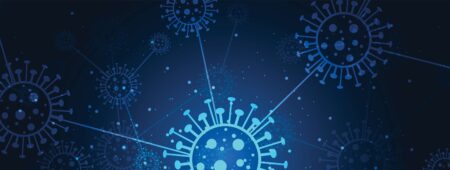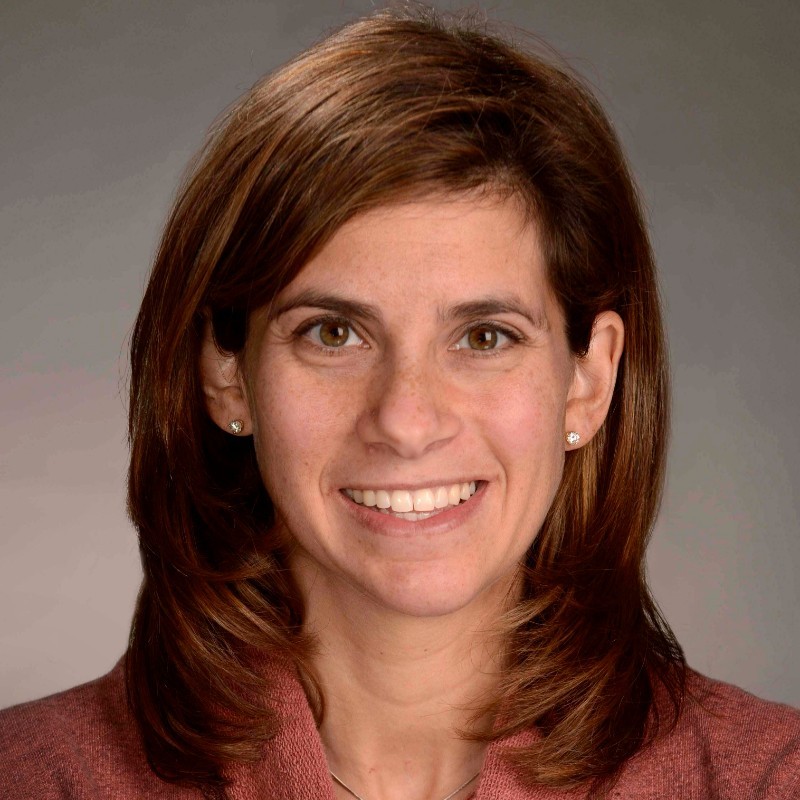
Opportunities for Fellows in Pathogen War Gaming
On May 6, 2021, Dr. Lauren Ancel Meyers discussed the new Center for Advanced Pathogen Threat and Response Simulation (CAPTRS) and its pioneering vision to apply sophisticated war gaming technology to build robust health and socioeconomic lines of defense against future pathogen threats.
CAPTRS has three core elements that differ from the science today: (1) an AI-based “synthetic” threat lab that generates a universe of pathogen threats; (2) a multi-disciplinary collaboration hub where researchers convene to develop solutions; and (3) the situation room where Pathogen War Gaming™ technology will be used to simulate real-time responses and their consequences.
During this presentation, Hertz Fellows are invited to participate by providing input as CAPTRS develops this new science.
This special event will take place live on Thursday, May 6, 2021, 12:00 –1:30 p.m. Pacific, using the Zoom video conference platform. You can attend on a desktop, mobile device, or by phone. Please register using the form below, and we'll email you the Zoom meeting information.
About the Speaker

Lauren Ancel Meyers is a professor of biology and statistics at the University of Texas at Austin, the founding director of the UT COVID-19 Modeling Consortium, and a co-founder and board member of CAPTRS. Trained in mathematics, philosophy and biology at Harvard and Stanford, she is internationally recognized for her two decades of pioneering work in network epidemiology and the application of machine learning to improve the detection, surveillance, forecasting and control of emerging viral threats including COVID-19, pandemic influenza, Dengue, Zika, HIV and Ebola.
She has built pandemic decision-support tools for the CDC, BARDA, DTRA and state and local agencies, and has provided global leadership throughout the COVID-19 pandemic.
Dr. Meyers was named as one of the top 100 global innovators under age 35 by the MIT Technology Review in 2004 and received the Joseph Lieberman Award for Significant Contributions to Science in 2017.